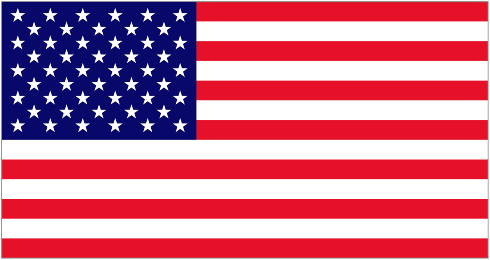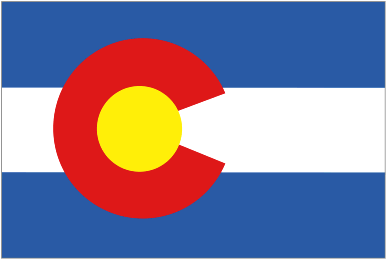When a nation's institutions are insufficient to meet the needs of the people, it is the government's responsibility to change national policy and fix those institutions. When every other industrialized nation in the world has adopted a different system, and it is clear that that system works far better than the one that we have, this makes the government's job in reforming the broken institution simple.
Such is the case with healthcare in America. The system is clearly broken - that's not even really up for debate. Insurance companies make money by not giving care. 31 cents on every dollar of healthcare spending goes to maintaining the conglomerates that have a stranglehold on it. Over 40 million Americans are uninsured, and even those who are insured must pay high premiums, co-pays, and deductibles, just to get insurance coverage that is clearly sub-par.
These same problems, or versions thereof, plagued every other industrialized nation as well. But while the American government has refused to address the issue, all these other nations have faced the problems, and fixed them. Socialized medicine has worked incredibly well for these nations - and it would work for us too.
One of the major arguments against socialized healthcare is that under such a system, it is necessary to ration care. A socialist system, in other words, would not be able to pay for everything for everyone. This is a sad truth. But it is a sad truth shared by ANY healthcare system. In the current healthcare system of the United States, over 40 MILLION people do not have insurance - that's one out of every seven Americans being "rationed" out of EVERY type of healthcare. Doesn't it make more sense to base the necessary rationing on the importance of different medicines and procedures, rather than on the patient's ability to pay?
Some people are still resistant to the concept of socialized medicine because of communism anxiety leftover from the Cold War. We cannot socialize our vital national institutions, they say, because that puts us on the path toward communism! While I agree that communism is the last thing this nation needs, the fact of the matter is that having a few socialized institutions does not make a country communist. For example: Since the beginning of the public education system in America, it has been a socialist institution - it is run and paid for by the government. Then there's our police, our firefighters, our infrastructure, and our military - all socialist. Yet no one would argue that America is a communist nation. Why, then, are we afraid of making one more of our vital institutions socialist, for the good of the people?
It's time to break free of the hold that unbridled capitalism has on the basic human right to healthcare. We consider ourselves to be the wealthiest, most advanced nation in the world, so we should work on having the best healthcare. Let's get on board the system that has worked for every other industrialized nation in the world.
Monday, October 1, 2007
'Yes' to Socialized Healthcare
Subscribe to:
Post Comments (Atom)





3 comments:
Good argument. One fear that a lot of people have, which may be based more on propaganda than facts, is that socialized medical care is mediocre medical care. The more we can show by hard facts and unbiased studies that this isn't true, the more likely we'll be able to convince a majority that a government health plan is nothing to be scared of.
(Not using the word "socialist" helps a lot, too!)
:P I purposefully used the word "socialist" a lot. People need to get over their anxiety toward that word. Like I said, a lot of things in this country are socialist, and those things generally work a hell of a lot better than the healthcare system.
Fair enough, chatting among ourselves as liberals. But when you try to sell the program to Congress, you have to choose your words cautiously.
Post a Comment